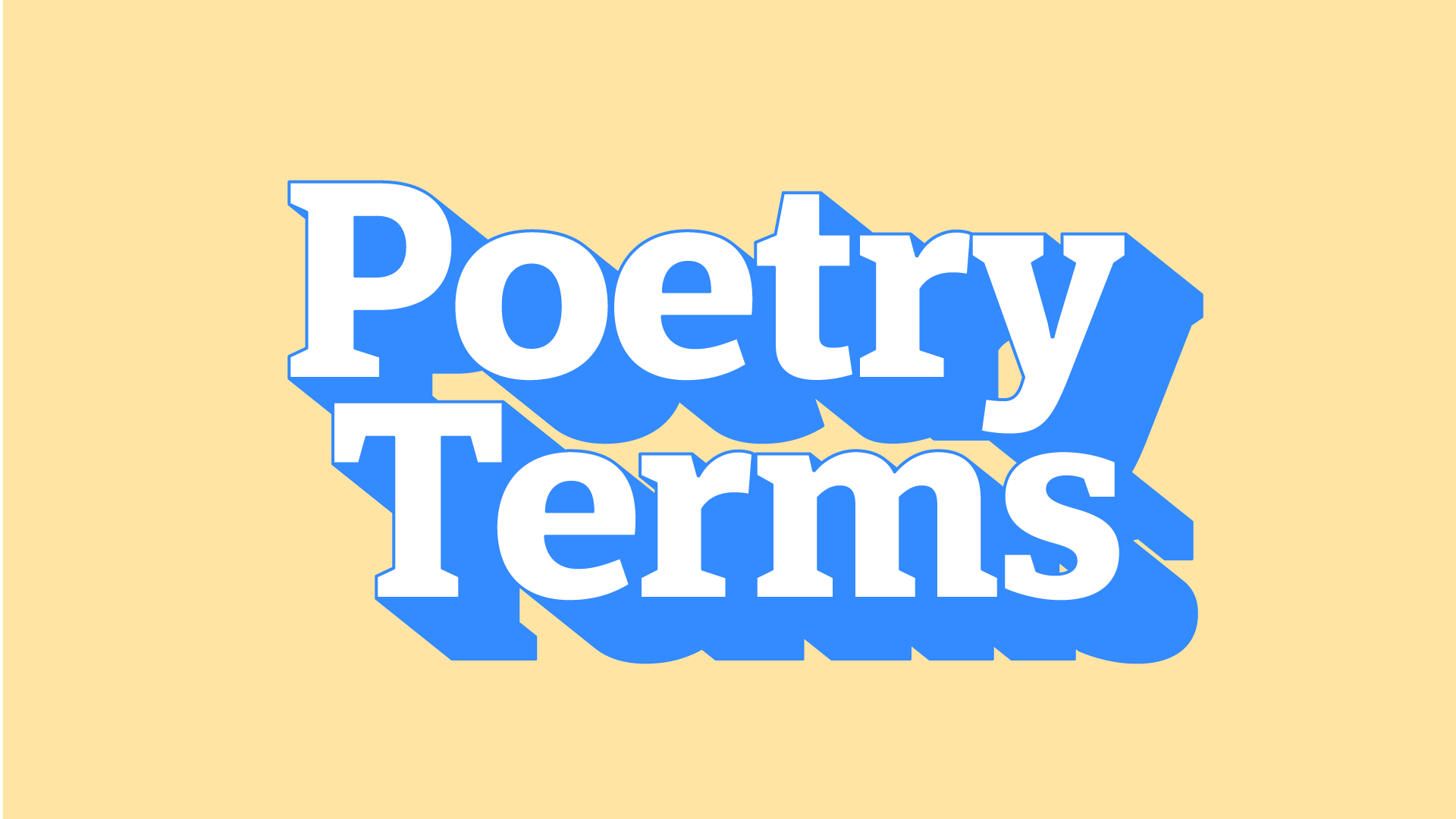Word of the Day
[tawr-choo-uhs ]
Meaning and examplesStart each day with the Word of the Day in your inbox!
By clicking "Sign Up", you are accepting Dictionary.com Terms & Conditions and Privacy Policies.
Today
National Poetry Month
The 10 Essential Poetry Terms You Need Today (Yes, Today)
Tortured poets, unite! It can be tough to celebrate poetry without the right terms. We'll break down basic elements, from syllables to stanzas, and you’ll be poetry-ready ASAP. Read more.
Advertisement
Games
Calling all cruciverbalists! Sharpen your mind with crosswords and word games, or take a brain break with your favorite classic games.
Play 80+ gamesAdvertisement
Featured
National Poetry Month
Writing Poetry? Have Fun With Words And WordplayNational Poetry Month
How To Write A Haiku: Tips And ExamplesTrending
Advertisement
Newsletter

Salutations, logophile!
Sign up to get everything a word lover could want: word origins, fun facts, and the latest language trends.
By clicking "Sign Up", you are accepting Dictionary.com Terms & Conditions and Privacy Policies.
Advertisement
Browse



